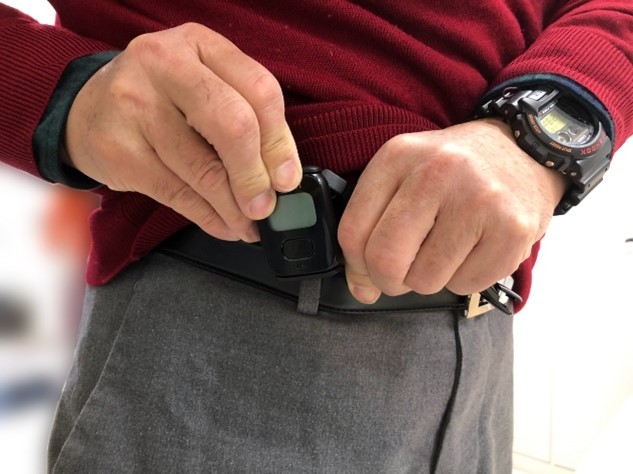A study of Japanese people living in Malaysia found that their exercise routines affected time spent sitting down and quality of life, including their mental health. This study was published in Gerontology and Geriatric Medicine on October 25, and the research group was led by Associate Professor Kazuhiro P. Izawa (Graduate School of Health Sciences, Kobe University) and Professor Koichiro Oka (Faculty of Sport Sciences, Waseda University).
Previous studies have shown that physical activity such as exercise and sports can prevent or help to cure various diseases, including obesity, diabetes, high blood pressure and some cancers. On the other hand, spending long periods sitting down has been shown to have various negative health effects leading to obesity, diabetes and heart disease.
The number of Japanese people living overseas for periods of 3 months or longer is increasing year by year. Moving overseas can be a stressful experiences that disrupts health and exercise routines. This study aimed to shed light on the relationship between exercise, time spent sitting down and mental health (health-related quality of life) for Japanese expatriates. The survey focused on Japanese people living in Malaysia, a popular long-stay destination for Japanese citizens. Malaysia has one of the world’s highest obesity levels, with increasing numbers of people suffering from high blood pressure, high cholesterol levels and diabetes.
The survey targeted 130 Japanese people over the age of 20 living in Ipoh, Perak in Malaysia. The team measured their exercise behavior, sitting behavior time, and health-related quality of life, as well as sociodemographic factors such as age, sex, and whether they were employed.
Based on a transtheoretical model of changes in exercise patterns, the survey participants were divided into three groups: non-exercise group (currently not exercising), preparation group (exercising but not regularly), and exercise group (exercising regularly). The time each participant spent sitting down every day and health-related quality of life (mental health aspects) were measured by a questionnaire filled in by participants. Out of the target 130 people there were 108 valid responses. These were statistically adjusted for sociodemographic factors such as age and sex. Compared to the preparation group, the exercise group spent on average 135 minutes less time sitting down every day, and their score for health-related quality of life was on average 5.5 points higher.
“These findings show that promoting exercise activities for Japanese people living abroad can be part of essential public health strategies to reduce sedentary time and improve quality of life” comments Associate Professor Izawa. “Building on this study, we would like to gather further information to develop strategies that promote health among Japanese people.” The team now plans to investigate the differences between Japanese people living domestically and overseas.
Journal information
- Title
- “Sedentary Behavior and Health-Related Quality of Life Among Japanese Living Overseas”
- DOI
- 10.1177/2333721418808117
- Authors
- Kazuhiro P. Izawa, Koichiro Oka
- Journal
- Gerontology and Geriatric Medicine









